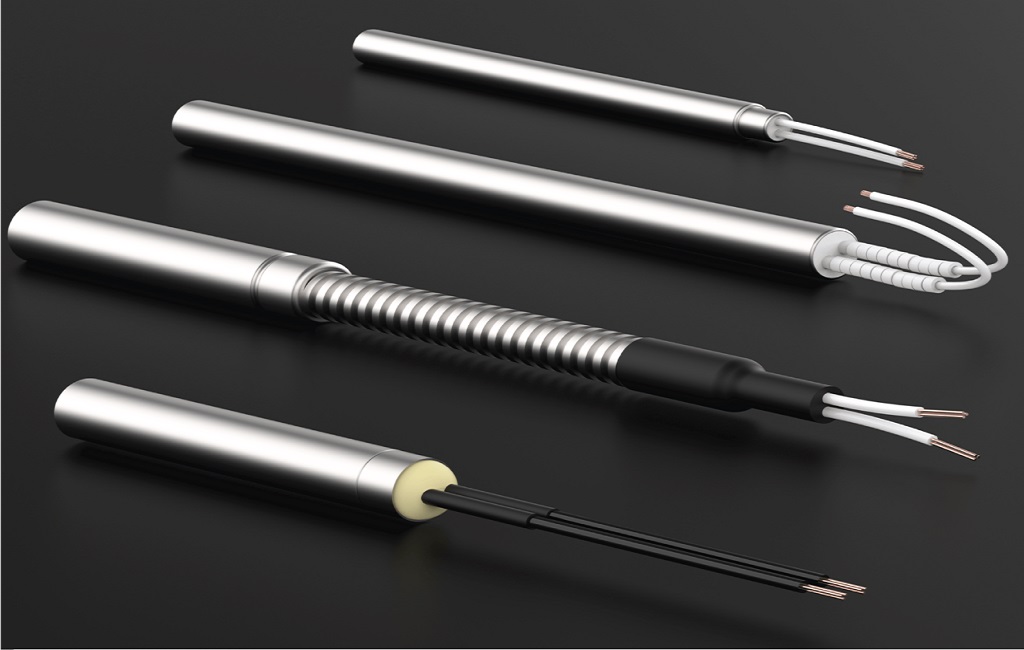In the ever-evolving world of medical technology, even the smallest components can make the biggest difference. Cartridge heaters, though often overlooked, are pivotal in powering life-saving equipment with precision and reliability. From improving surgical tools to enabling better patient care, recent advancements in cartridge heater technology are making waves in the medical field. Let’s dive into some of the cutting-edge innovations that are shaping the future of healthcare.
Ultra-compact Designs Enabling Integration into Intricate Medical Instruments
Medical devices are getting smaller and more complex, which demands components that can match this miniaturization trend. Cartridge heaters have evolved to meet these requirements, offering ultra-compact designs that seamlessly fit into even the most intricate medical instruments.
These compact cartridge heaters allow for precise temperature control in tools like surgical lasers and diagnostic equipment. Their slim profiles don’t just save space; they also ensure that the surrounding components aren’t compromised. This is particularly important in applications where every millimeter counts, such as handheld medical devices used in minimally invasive procedures.
By integrating quality cartridge heaters into their designs, manufacturers can create equipment that is both efficient and ergonomic. The ability to maintain consistent heating in such a compact form factor is a game-changer for modern medical devices.
Superior Thermal Conductivity for Precise and Uniform Heating in Critical Processes
Precision is non-negotiable in the medical field, especially when dealing with processes that involve controlled heating. Advances in thermal conductivity technology have enabled cartridge heaters to provide uniform and consistent heat, which is vital for critical medical applications.
Whether it’s regulating the temperature of blood analyzers or ensuring the sterility of surgical tools, reliable cartridge heaters excel at delivering consistent performance. This precision eliminates the risk of overheating or uneven heat distribution, which could otherwise compromise the integrity of medical procedures.
With improved thermal conductivity, these heaters are not just about delivering heat—they are about delivering trust. Medical professionals rely on equipment that performs exactly as expected, and quality cartridge heaters ensure that expectation is met every time.
Advanced Insulation Techniques Reducing Energy Loss and Improving Reliability
Energy efficiency is a growing concern in every industry, and healthcare is no exception. Cartridge heater technology has seen significant advancements in insulation techniques, minimizing energy loss while enhancing reliability.
These advancements are particularly impactful in applications where prolonged heating is required. For instance, incubators and other temperature-sensitive medical devices benefit from reduced energy consumption without sacrificing performance. By retaining heat more effectively, these heaters cut down on operating costs and contribute to the overall sustainability of medical facilities.
Additionally, enhanced insulation improves the durability of reliable cartridge heaters. By protecting sensitive components from external factors such as moisture and vibration, these heaters remain dependable even under challenging conditions.
Durable Materials Ensuring Performance Under Sterilization and High-pressure Conditions
Medical environments demand robust equipment that can withstand extreme conditions, including high-pressure sterilization and repeated use. Cartridge heaters crafted from durable materials are rising to this challenge, ensuring consistent performance in harsh environments.
These heaters are often used in devices that must undergo rigorous sterilization processes, such as autoclaves and surgical instruments. Their ability to endure high temperatures and pressure without degrading ensures long-term reliability, which is essential for maintaining the integrity of medical equipment.
By using materials specifically engineered for durability, manufacturers can produce cartridge heaters that meet the stringent requirements of the medical field. This not only extends the lifespan of the equipment but also provides peace of mind to healthcare providers.
Innovative Temperature Sensing for Real-time Adjustments and Enhanced Safety
Safety is paramount in medical applications, and temperature control plays a crucial role in ensuring patient and equipment safety. Recent innovations in temperature sensing technology have made cartridge heaters smarter and more responsive.
These heaters now feature integrated sensors that monitor real-time temperature fluctuations and adjust heating output accordingly. This level of precision is invaluable in applications such as dialysis machines or infusion pumps, where even slight temperature deviations can have serious consequences.
The ability to provide real-time adjustments also minimizes the risk of overheating, which can damage sensitive equipment or create safety hazards. Reliable cartridge heaters with advanced temperature sensing not only perform their function but also act as a safeguard, ensuring optimal conditions are maintained at all times.
Custom-engineered Solutions Meeting Unique Demands of Cutting-edge Medical Devices
No two medical devices are the same, and the demands placed on cartridge heaters vary widely depending on the application. Custom-engineered solutions are bridging this gap, allowing manufacturers to create heaters tailored to specific needs.
From specialized sizes and shapes to unique wattage and temperature requirements, these custom solutions ensure that every aspect of the heater is optimized for its intended use. This level of customization is particularly beneficial for cutting-edge medical devices that push the boundaries of innovation.
For example, next-generation imaging systems and robotic surgical tools require heaters that can deliver precise performance under unique conditions. Quality cartridge heaters designed with customization in mind meet these challenges head-on, enabling advancements in patient care and medical technology.

